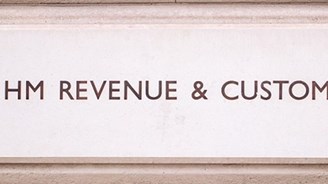VAT changes for the construction industry

The Government announced some time ago its intention to introduce a VAT domestic reverse charge for building and construction services with effect from 1 October 2019. This was in response to organised criminal attacks on the VAT system in the construction sector. Due to the fact that many businesses were not prepared for this change, the start date was pushed back to October 2020. The Government has now announced that, due the coronavirus, the changes will be delayed again until 1 March 2021. Although the start date seems a long way away, now may be a good time to start talking to affected clients in the construction sector.
The domestic reverse charge will affect supplies at the standard or reduced rates where payments are required to be reported through the Construction Industry Scheme (CIS). Therefore, supplies between subcontractors and contractors will be subject to the reverse charge unless they are supplied to a contractor who is an end user. Broadly, end users are recipients who use the building or construction services for themselves, rather than sell the services on as part of their business of providing building or construction services.
How a domestic reverse charge operates
A domestic reverse charge is a system whereby the customer receiving the supply of specified construction services must account for the VAT due, rather than the supplier. In turn, the customer deducts the VAT due on the supply as an input, meaning no net tax is payable to HMRC. This removes the scope to evade any VAT owing to HMRC.
A domestic reverse charge only applies to supplies between UK taxable persons so that unless the customer is registered or liable to be registered for VAT it will not apply.
Implementation of the reverse charge
HMRC have stated that they will apply a light touch in dealing with related errors that occur in the first six months after introduction, where businesses are trying to comply with the new legislation.
Mixed supplies
Although the legislation is aimed at services, if there is a reverse charge element in a supply then the whole supply will be subject to the domestic reverse charge. This is apparently to make it simpler for both supplier and customer and to avoid the need to apportion or split out the supply.
There are also a number of exclusions to the reverse charge. In addition, HMRC have released guidance at https://www.gov.uk/guidance/vat-domestic-reverse-charge-for-building-and-construction-services
The 1 March 2021 seems a long way away but time will fly so you may wish to talk to clients sooner rather than later.



